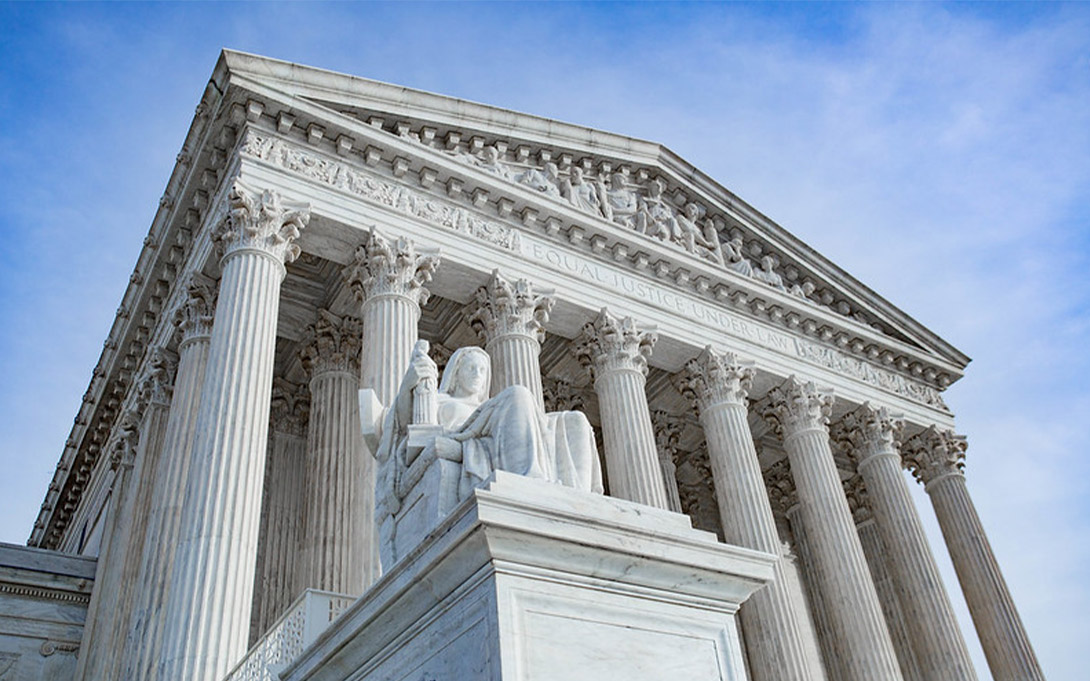
The U.S. Supreme Court limited the Environmental Protection Agency's ability to regulate carbon emissions from power plants, dealing a blow to the Biden administration's efforts to address climate change. Ford School professors Barry Rabe and Jennifer Haverkamp commented on the decision's implications.
Rabe is a political scientist who studies American climate policy, including issues of federal-state relations and the roles of respective branches of government. The Supreme Court's decision in West Virginia v. EPA addresses a central issue concerning federal capacity to adopt and implement climate policy through the established Clean Air Act in the absence of Congressional action. This legislation has not been revised in more than three decades, leaving the U.S. EPA with an ongoing challenge to update and interpret. A decade of effort to apply this legislation to carbon emissions from electric power plants is on the line, but also much broader issues of future federal jurisdiction and whether we will see a major shift toward state-based authority if federal powers are curbed. Rabe has written widely about these issues, including the evolution of the "Clean Power Plan" under President Obama and the subsequent "Affordable Clean Energy Rule" under President Trump, which are focal points in the current case. These are examined in depth in his most recent book, Trump, the Administrative Presidency, and Federalism, which won the 2021 Louis Brownlow Award from the National Academy of Public Administration.
Rabe comments on the decision:
"The ability of presidents to reinterpret established laws to address emerging challenges such as climate change is further eroded by today's Supreme Court decision," he said. "The majority concludes the Obama administration exceeded its authority in using the Clean Air Act to try to address climate, putting tight limits on the ability of President Biden or subsequent presidents to use these powers on climate issues."
"Today's decision indicates the growing likelihood that presidents will face strict limits on their ability to address climate change through their own executive actions. This shifts responsibility for climate to Congress and to the states, particularly in the electricity sector, and further underscores uncertainty about whether the U.S. can hit its own pledged reductions of greenhouse gas emissions."
"This decision further underscores the unique position of the United States as the only developed nation without a comprehensive strategy for climate that has been approved by its national legislature or supported by its judiciary."
Haverkamp is director of the Graham Sustainability Institute and a professor from practice at Michigan Law and the Ford School of Public Policy. She is also a former co-chair of the U-M President’s Commission on Carbon Neutrality. Haverkamp is an environmental lawyer and a former ambassador and U.S. climate negotiator.
“The court has thrown responsibility for complex environmental regulations back into the lap of a hyperpolarized Congress that is simply incapable of combatting the climate crisis on its own,” she said. “The consequences are just too dire and the need for climate action too desperately urgent to regard this decision as anything less than a travesty.
“By further limiting President Biden’s options for reducing U.S. climate pollution, the court has also grievously undercut U.S. leadership in getting other countries to live up to their Paris Agreement commitments.”
